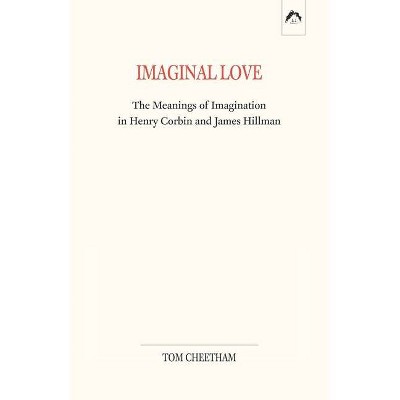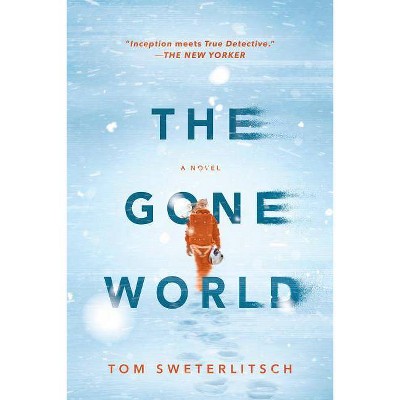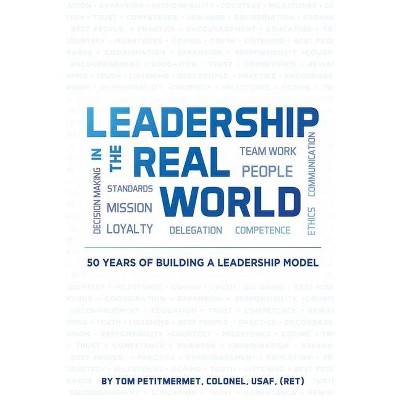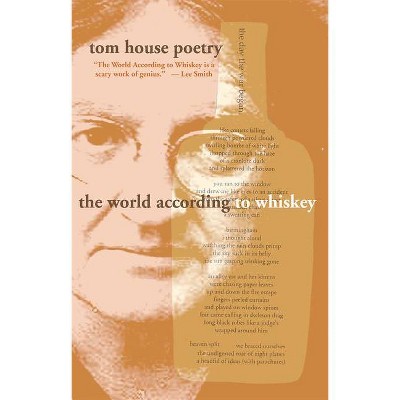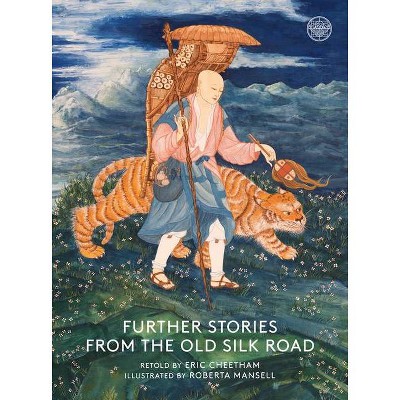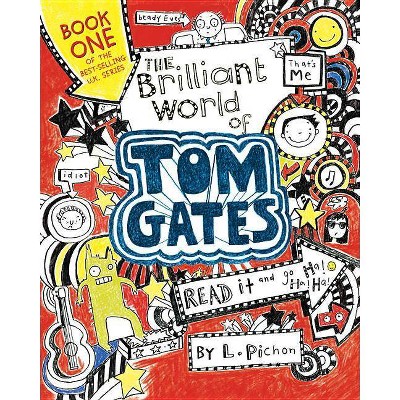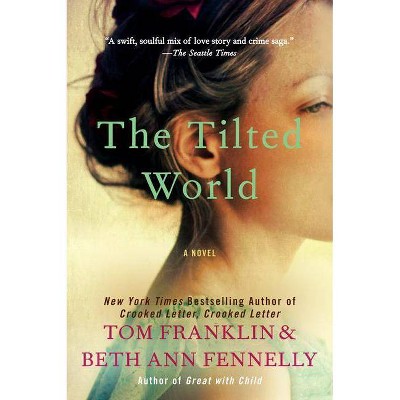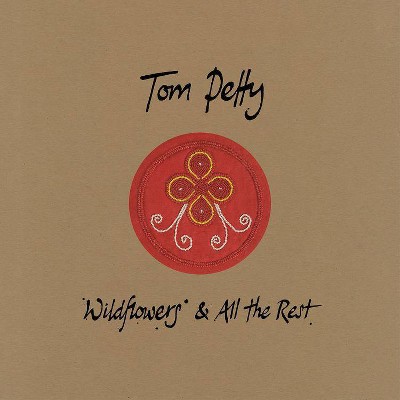All the World an Icon - by Tom Cheetham (Paperback)
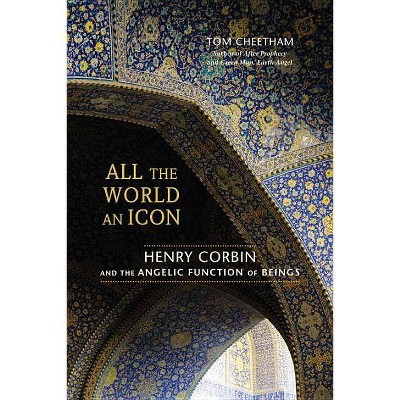
Similar Products
Products of same category from the store
AllProduct info
<p/><br></br><p><b> About the Book </b></p></br></br>"An account of Henry Corbin's life and work that discusses the relation of his spiritual thought to the psychological works of C.G. Jung and James Hillman"--Provided by publisher.<p/><br></br><p><b> Book Synopsis </b></p></br></br><i>All the World an Icon</i> is the fourth book in an informal quartet of works by Tom Cheetham on the spirituality of Henry Corbin, a major twentieth-century scholar of Sufism and colleague of C. G. Jung, whose influence on contemporary religion and the humanities is beginning to become clear. Cheetham's books have helped spark a renewed interest in the work of this important, creative religious thinker. <p/>Henry Corbin (1903-1978) was professor of Islamic religion at the Sorbonne in Paris and director of the department of Iranic studies at the Institut Franco-Iranien in Teheran. His wide-ranging work includes the first translations of Heidegger into French, studies in Swedenborg and Boehme, writings on the Grail and angelology, and definitive translations of Persian Islamic and Sufi texts. He introduced such seminal terms as the imaginal realm and theophany into Western thought, and his use of the Shi'ite idea of<i> ta'wil</i> or spiritual interpretation influenced psychologist James Hillman and the literary critic Harold Bloom. His books were read by a broad range of poets including Charles Olson and Robert Duncan, and his impact on American poetry, says Cheetham, has yet to be fully appreciated. His published titles in English include<i> Creative Imagination in the Sufism of Ibn Arabi, Avicenna and the Visionary Recital</i>, and <i>The Man of Light in Iranian Sufism.</i> <p/>As the religions of the Book place the divine Word at the center of creation, the importance of hermaneutics, the theory and practice of interpretation, cannot be overstated. In the theology and spirituality of Henry Corbin, the mystical heart of this tradition is to be found in the creative, active imagination; the alchemy of spiritual development is best understood as a story of the soul's search for the Lost Speech. Cheetham eloquently demonstrates Corbin's view that the living interpretation of texts, whether divine or human--or, indeed, of the world itself seen as the Text of Creation--is the primary task of spiritual life. <p/>In his first three books on Corbin, Cheetham explores different aspects of Corbin's work, but has saved for this book his final analysis of what Corbin meant by the Arabic term <i>ta'wil</i>--perhaps the most important concept in his entire <i>oeuvre</i>. Any consideration of how Corbin's ideas were adapted by others has to begin with a clear idea of what Corbin himself intended, writes Cheetham; his own intellectual and spiritual cosmos is already highly complex and eclectic and a knowledge of his particular philosophical project is crucial for understanding the range and implications of his work. Cheetham lays out the implications of <i>ta'wil</i> as well as the use of language as integral part of any artistic or spiritual practice, with the view that the creative imagination is a fundamentally linguistic phenomenon for the Abrahamic religions, and, as Corbin tells us, prayer is the supreme form of creative imagination.<p/><br></br><p><b> Review Quotes </b></p></br></br><br>For anyone attracted to the elusive realm of creative imagination, this book draws out and makes explicit what lives so strongly as a lure within the heart, the desire to find again our first home, the imaginal worlds and their inhabitants, the angels of creativity. As acknowledged master interpreter of the great work of Henry Corbin, Tom Cheetham follows Corbin's path of seeing all the world as living symbol of the divine worlds. More, he shows how to go through the portal of the world as symbol to enter the imaginal realms in their intimate autonomy, and develop impeccable trust in their spontaneous appearance as personal images. Here, in this writing, we can learn interior listening, discovering the inherent poeticizing action of the word. This beautiful volume goes beyond, way beyond, any of our usual self-serving inclinations and leads us into being servants of the angel of the Earth.<br>--Robert Sardello, author of <i>Silence: The Mystery of Wholeness <p/></i>Praise for Tom Cheetham's work on Henry Corbin: <p/>"Cheetham's passion ... carries the reader into an ever-deepening appreciation of the huge importance of Henry Corbin for the reevaluation of vision and imagination." <br>--James Hillman, author of <i>The Soul's Code </i> <p/>"A very important addition to the ongoing discussion of where we are in human history." <br>--Huston Smith, author of <i>The World's Religions </i> <p/>"A shaking of the foundations of human perspective." <br>--David L. Miller, Watson-Ledden Professor of Religion, Emeritus, Syracuse University <p/>"Required reading for all believers." <br>--Ginette Paris, core faculty member at the Pacifica Graduate Institute and author of <i>Wisdom of the Psyche </i> <p/>"Marvelously accessible and true statements touching the essence of Corbin's work." --Todd Lawson, University of Toronto, author of <i>Reason and Inspiration in Islam</i><br><p/><br></br><p><b> About the Author </b></p></br></br>Tom Cheetham, PhD, is the author of four books on the implications of Henry Corbin's work for the contemporary world. With a background in philosophy and environmental studies, he turned his attention to the work of James Hillman and Henry Corbin in the mid-nineties, and has been writing and lecturing on Corbin since then. He is a Fellow of the Temenos Academy in London (Temenosacademy.org) and an adjunct professor at the College of the Atlantic in Bar Harbor, Maine.
Price History
Price Archive shows prices from various stores, lets you see history and find the cheapest. There is no actual sale on the website. For all support, inquiry and suggestion messages communication@pricearchive.us
